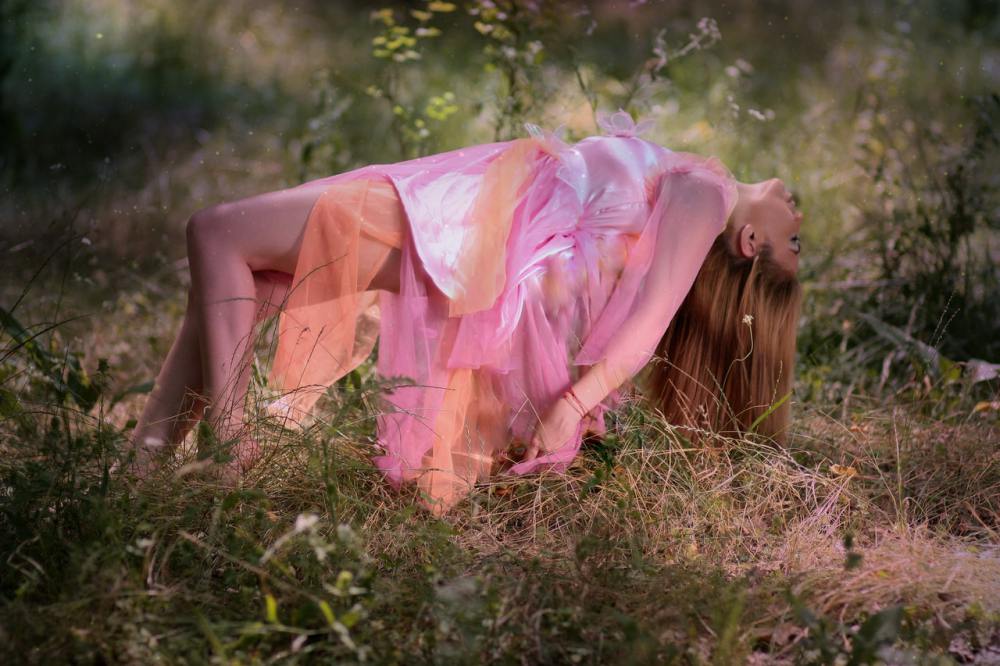
Fantasy is one of the biggest genres in fiction. There’s a lot of theories around for why the huge popularity of the genre and some very heavy hitters have joined the debate, including academics and sociologists.
I think there isn’t one simple answer. I think there are perhaps three or four major, interlocked answers, and a slew of minor, related reasons, that explain the phenomenal rise of fantasy stories in our fiction and movies lately.
One of them, I believe, is that the more people feel powerless about their lot in life, the more the economy sucks, or they feel they have no control over taxes, personal debt, personal or national security, the more they turn to escapist fiction. It’s tales of ordinary people discovering they have extraordinary talents and, sometimes, that they aren’t ordinary people after all, and that they have the power to change worlds, that make for the most satisfying reads in times like these. It’s a subconscious thing, but I think it’s a powerful factor in the success of paranormal and fantasy tales, both the urban and high fantasy sort.
But my point here today isn’t to take all the fun out of fantasy. Not at all. It would be fair to say, though, that if I’m right, then the getting of paranormal talents would be considered highly desirable by most people.
When you think about it on a normal, logical and practical level, having paranormal talents would be useful. Think about Ron Weasley’s mother in the Harry Potter movies, for instance, when she used magic to clean the house, cook Christmas dinner for a hoard of people and knit sweaters, all at the same time.
Sure, it’s a flippant example, but consider this one: How useful would it be to be able to read minds when you’re in a job interview for the job of your career? You could shape your answers to exactly what the interviewers were looking for, answer every doubt and question in their mind…you would so ace that interview.
Consider some of the psychic and paranormal talents you could select from:

This list is from Wikipedia’s Paranormal page.
And this isn’t even touching on the superpowers of super-heroes, which could be considered another super-sub-set of paranormal talents.
These talents would give anyone extraordinary advantages over normal people. Couple these desirable talents up with the extremely advanced genetic manipulation done in laboratories these days. How far away are we from trying to deliberately induce paranormal talent via gene mutation or gene manipulation?
Yes, I’m morphing into the fictional world…just a little. The existence of genuine psychic talent is still not something that the scientific world will admit really exists. Primarily, there is a dearth of decent data available to prove that existence. But when you get quantum scientists alone and with a few drinks under their belts, they will admit that at the very fringes of known science, there is some very funny stuff that happens, that they really can’t explain with understood laws and rules.
So step from reality into a semi-fictional world, and consider this: If paranormal talents are real, it can’t be that long before genetists start selecting for pyscho-paranormal abilities. Once geneticists can do it, how long before mums and dads to-be start shopping for ESPs along with hair and eye colour?
If paranormal talents are real, then we don’t have to actually wait around for the geneticists to figure out how to splice the necessary DNA together. Humans have been running their own genetics lab throughout history: it’s called natural conception. But with a twist: If the two parents deliberately choose each other for their unique para-abilities, what genetic traits would the children inherit?
A more interesting question, because genetic traits have a way, sometimes, of skipping generations and exaggerating themselves in the next one: What would those children’s children be like?
It’s all very interesting to suppose that if paranormal talent was real (and some say it is very real indeed – that’s a whole other argument for another day…or two), humans would naturally want to acquire such talent.
But would there be a price?
There’s often a price in fiction.
In Big Bang Theory, which is one of the quirkiest and most intelligent TV comedies out there right now, frightening great intelligence, such as the character Sheldon was born with, comes at the price of not just social ineptitude, but a social disability that verges on dysfunctional.
In Firestarter, by Stephen King, Charlie’s father, who acquired (he wasn’t born with it) the ability to control others with his mind, paid for that price by giving himself tiny brain embolisms every time he used the ability. It eventually killed him. Charlie herself could start fires, and her ability seemed to have no drawbacks at all for her…except that it was so great it frightened her. It could “get away” on her. Her talent controlled her — by fear.
In one of my paranormal series which I wrote under a pen name, there is a species of paranormally-gifted people called Psi. They are genetically modified humans, designed in laboratories to enhance their psychic abilities, across a whole range of talents. These psi-filers lead a most wretched and squalid life. They’re shunned by humans and vampires, alike. They rarely live beyond 30 years of age, and they have little or no social conscience, a product of being raised by state institutions and the shortened lifespan they face. They pay for their extraordinary gifts in spades.
It would be reasonable to assume that real life tinkering with genetics to acquire paranormal talents would also have some unforeseen consequences. Genetics is still a young science.
Would you be willing to risk it? Would you risk your children?
